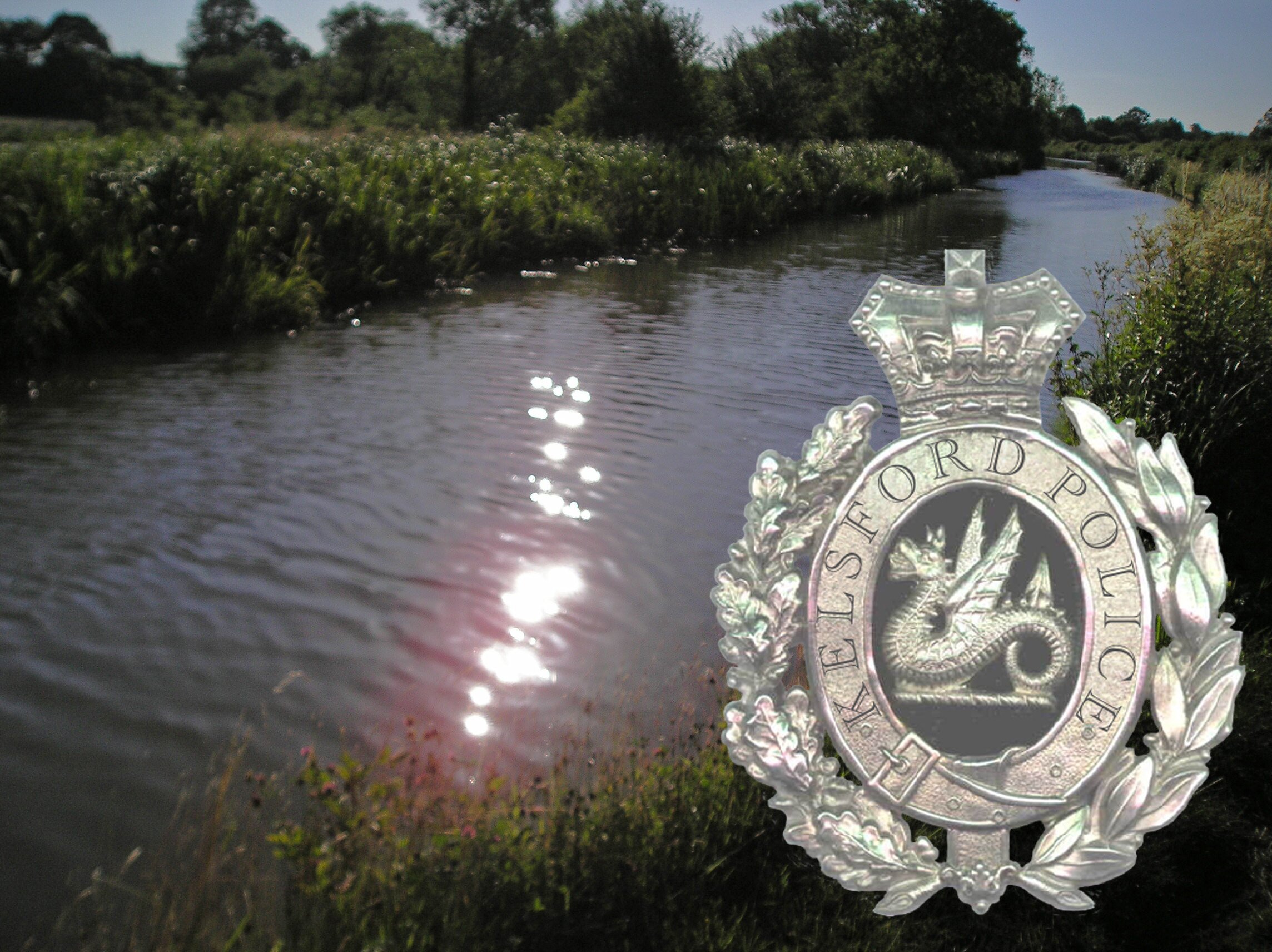 My final session in the blog-barrel.
My final session in the blog-barrel.
Thanks Caroline for the comments on naming practices, a hundred years on from the period that you are writing about the structuring is I have to say quite fixed. I think that rather than it being a question of literacy it is probably more to do with the fact that we are now coming into the beginning of the age of bureaucracy. Definitely mix up forenames and surnames, both to preserve identities and also because some combinations flow much better than others.
When I first set off on what has turned out to be a most enjoyable week I mentioned that, for the uninitiated the road to publication is, (unless you are amazingly lucky or have well placed relatives), at best an uphill climb with a hard furrow to plough, sorry about the mixed metaphors – bloggers license – and that I might come back to the subject before I finally pulled down my tent and made way for Nick Blackstock to have his say.
It is for that reason that I want to close my week with, as they used to say on American television ‘a few words, not from – but to – our sponsor’, Picnic Publishing.
I have been writing non-fiction material for the last ten years, and like so many others came into fiction work, not so much by accident as by the realisation that I had ‘a novel in me’ that I wanted to share, and a moderate ability to write it. I knew better than to think in terms of making huge sums of money, believe me if you have written non-fiction you very soon come to that realisation – you do it because you want to.
What came as a huge shock to me once the novel was completed, was the difficulty involved in trying to convince someone in the publishing world to take an interest in it. Naïvely I thought that because I had got one or two non-fiction books behind me I was going to be able to put it into the market place with a fair chance of being successful.
Top selling authors, (one of which I am not), who have made it onto the shelves will almost without exception tell you that in respect of their first work they made innumerable submissions and got knocked back time after time before getting a lucky break. This seems to be an immutable and sad fact.
The truth is that historically the industry has become locked into two virtually unbreakable circles of agents and major publishers. They resemble mutually impenetrable force fields, each feeding off of the energy generated by the other.
For some considerable time now the major publishing houses – and it to these that agents submit work – have concentrated solely on established authors who have a proven track record and have been earning them money for a long time.
There is a massive and obvious flaw in this ethic. Writers rely on creativity and after however long, even for the best, this dries up and sooner or later the quality of their work deteriorates. Initially the reading public accept this situation, generally with the comment, ‘I read his last book, but I didn’t think that it was up to his usual standard’. After a few below par efforts, sales begin to drop. This has now become in certain – by no means all I hasten to add – cases progressive, and the industry has begun to stagnate.
The big houses will tell you that they are looking for new authors to give a chance to, but the truth is that the vast majority are not – it is business as usual, a new author is a risk and costs money, better to get a few more miles out of an established one even if he or she is past their sell-by date.
Agents perpetuate the situation because they are very aware of this policy and an established writer on their list, even if they are a bit tired, is an earner. For an agent to take a chance on putting forward a new candidate is far too risky a business. Good first time submissions are returned, usually unread with a short note to the effect that ‘we are not accepting new clients’, or ‘our list for this year is full’. Some do however state in the Writers and Artists Yearbook that they specialise in ‘packaging first time work by celebrities’ !!!!
There is now however for new authors a bright light at the end of the tunnel. A sea change is taking place and the big houses are beginning to lose out to a new breed of small publishers who are genuinely interested in first time authors, and are operating without the massive overheads with which the major players have over the years saddled themselves. A new publishing generation of which Picnic is one, is beginning to emerge.
Work that is submitted is actually read properly and assessed professionally. Interestingly – and for me this is what is providing that light at the end of the tunnel – one of the really powerful players – Faber – recognising what is happening, has shaken away from the pack, nailed it’s colours to the mast, and formed the ‘Independent Alliance’, which at present has ten member publishers under it’s aegis and is supplying them in various ways with help and support.
There may be those who think that I am finishing my blog week simply with a sales pitch for publishing houses such as Picnic, and do you know what, you are correct!
I don’t know how long the other authors’ who have contributed to these columns waited to get their first book published, nor is it my business. I only know how difficult it was for me and still is for others, and just how immensely high are the odds that are firmly stacked against you. So I will sign off quite simply by saying to Picnic, ‘thank you for publishing ‘Crooked Mile’, and to everyone else who has taken the time to read and respond to my week’s blog – ‘thank you also, and I sincerely hope that you enjoy reading it’.
Ben
_
www.benbeazley.com email:

 Can I just finish off what I was talking about yesterday in relation to pulling ideas for fiction out of what on the face of it is basically a simple transcription job.
Can I just finish off what I was talking about yesterday in relation to pulling ideas for fiction out of what on the face of it is basically a simple transcription job. I feel a bit like Scott of the Antarctic, sitting in his tent in 1912 with an icy blizzard howling around outside, scribbling away with a stub of pencil, wondering what to say next …
I feel a bit like Scott of the Antarctic, sitting in his tent in 1912 with an icy blizzard howling around outside, scribbling away with a stub of pencil, wondering what to say next … Having taken over the baton from Andrew and left him taking his well earned sundowner, I find myself at something of a loss to know where to make a start today.
Having taken over the baton from Andrew and left him taking his well earned sundowner, I find myself at something of a loss to know where to make a start today.